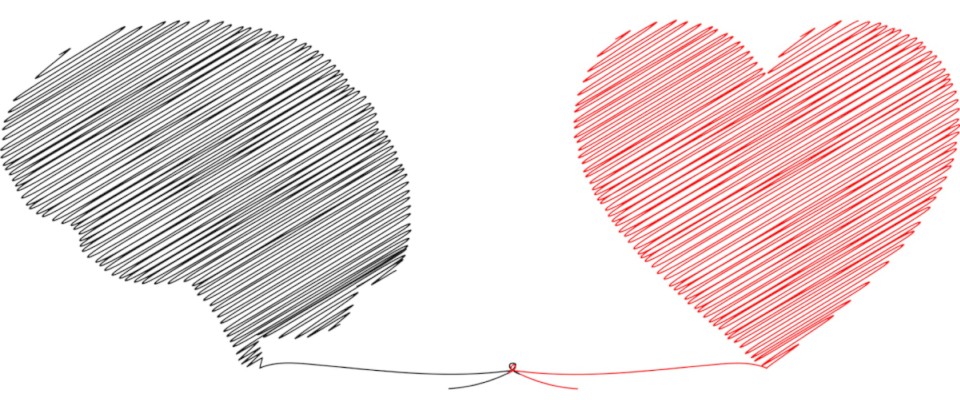Much has been written and said in recent years about the downsides of social media. In “The Social Dilemma,” former Google Design Ethicist Tristan Harris talks about how algorithms maximize corporate profits while capturing our brains and minds. NYU professor Jonathan Haidt has warned about the deleterious effects that growing up with social media has on young people. In “The Internet of Beefs,” Venkatesh Rao explains the complex dynamics that can unfold when topical tribes engage in social media warfare. And Peter Pomerantsev’s “This Is Not Propaganda” explains, similar to other authors, that even nation states abuse social media for attempting mass influence of people.
With all of these downsides, can there still be made a truly positive case in favor of social media? The reason why I would at least like to try emerged for me after reading John McWhorter’s new book “Woke Racism: How a New Religion Has Betrayed Black America.” In what many of my friends will likely see as a perspective that is (too) difficult to take, he describes the pressure experienced by people who for themselves claim to have become sufficiently aware of racism and sexism, and who yet are told to engage in additional “work”.
The reason this book inspired my really quite provisional hypothesis that social media might be a necessary part of our current historical moment? Looking back at some of the posts I have written over the past few months—on escaping mental tyranny, obedience, character litmus tests, terror of suspicion, and colonialism of the mind, to pick the ones immediately jumping out—the pattern I am describing is brought into sharp focus again: humanity going through a phase of great inner turmoil on its way to true maturity and adulthood.
How can social media help on this trajectory? Trying to step back far enough and taking the 30,000-foot-view, I perceive this general picture: People are becoming fully aware of how pervasive “mind control”—that is the experience of other people asserting undesirable influence over our beliefs and behaviors—has been, and that at last “we’ve had enough!” Social media can help us become resilient towards undue influence because it provides one of the most salient and truly scary methods of exerting peer pressure.
Similarly potent to being actually pilloried in medieval times, being mentioned as “racist” (or otherwise morally evil) on social media can lead to all kinds of existential threats. This is compounded by both the anonymity of the internet—allowing perpetrators to “pile on” without any particular fear for their own immediate safety—as well as the algorithms mentioned by Tristan Harris, which selectively up-regulate those signals, artificially creating engagement and, with it, outrage.
So, how exactly is that a good thing? My hypothesis rests on the observation that people who undergo a prolonged period of excessive pressure will, eventually, emerge from this experience transformed. And once they do, they will have learned the first important lesson towards true inner freedom: no matter what others think and say of me, I am not willing to bow to anyone’s demands. This is precisely how I interpreted Dave Chappelle’s response to demands made of him.
This pattern of resistance was, to me, also the most important feature in many recent election surprises, if not debacles, in Western countries. Trump, Brexit, as well as the ascent of far-right conservatives in Germany, to me do not speak of a desire for an increased experience of “being pushed around”, rather the opposite.
For as long as we believe that our—probably righteously held—ideas of moral right and wrong can be (or maybe even must be) used as cudgels, to force others into compliance, we have not yet found a way of transmitting influence in a way that is experienced as mutually beneficial. That, for me, is the still distant outcome: humans learning how to communicate with one another to provide a force-transmission pathway which everybody experiences as desirable.
Looking into the future, I imagine it will take many more years before humanity is willing and able to let go of the old pattern, using reason and logic but always keeping force—in whatever form, as the royal army or guard, as the police backed by questionable orders such as the war on drugs, or social media peer pressure—as the option in the back pocket. Most people are probably too scared to consider a situation in which they want to achieve a behavior change in others without this last resort available.
My current prediction is that social media will be one of the most important contributors bringing about people’s experience of “enough!” (with the undue influencing). It is not pleasant, and it will cause many more people to suffer, which may seem needless and cruel. And yet it occurs to me that humanity never learned the hard lessons “for free”. We frequently need catastrophes to appreciate where our behavior has become a poor fit to an altered environment.
